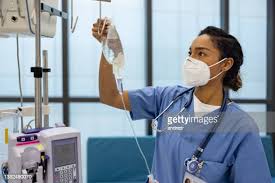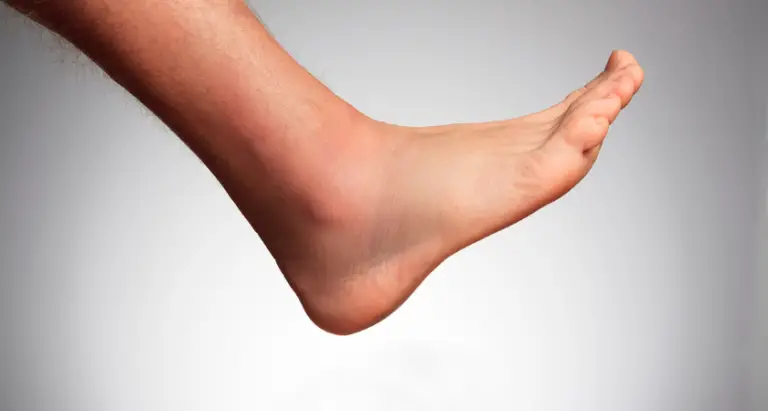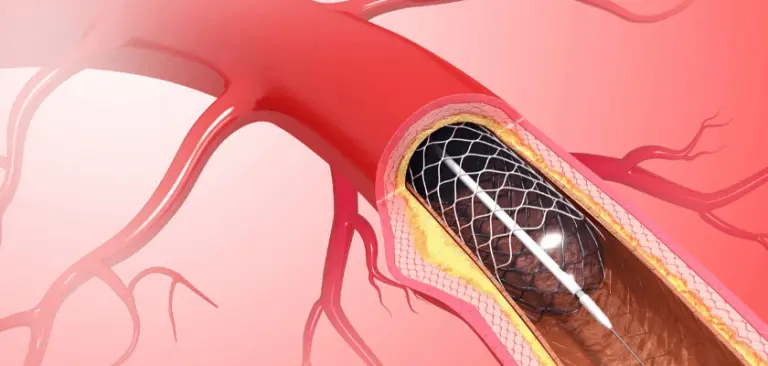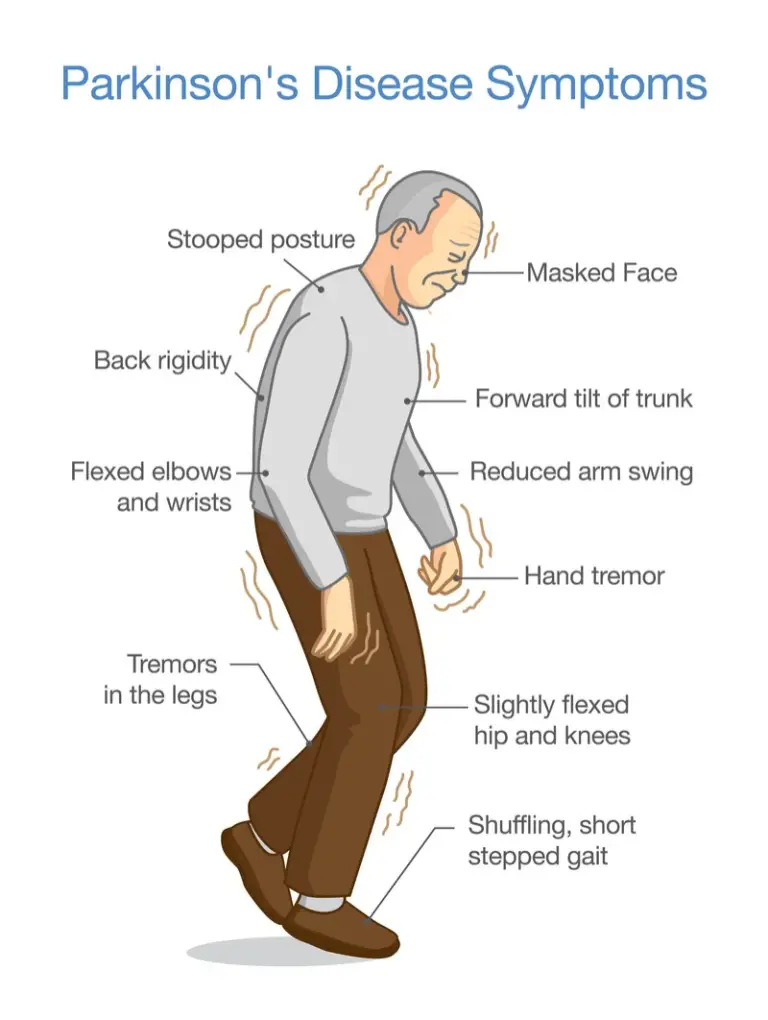Where Can Nurses Work ?

As a nurse, you have a variety of options for where you can work. With the demand for healthcare professionals constantly growing, there is no shortage of opportunities for nurses to utilize their skills and knowledge to make a positive impact on others. In this article, we will explore some of the most common places where nurses can work, so you can get a better idea of which paths are best suited to your goals and preferences.
1. Hospitals
Facilities providing comprehensive medical treatment, including surgeries, emergency care, specialized departments, and inpatient services, requiring multidisciplinary nursing roles.
2. Clinics
Outpatient centers offering specialized medical services, often focusing on specific patient demographics or medical conditions, necessitating targeted nursing expertise.
3. Nursing Homes
Long-term residential care facilities for elderly or chronically ill individuals, requiring nurses to provide continuous care, medication management, and coordination with other healthcare providers.
4. Schools
Educational institutions where nurses oversee student health, manage medical records, conduct screenings, and provide emergency care, often acting as liaisons between school, family, and healthcare providers.
5. Home Health Care
Personalized healthcare service delivered at a patient’s residence, where nurses provide medical treatments, chronic illness management, and rehabilitation support.
6. Rehabilitation Centers
Facilities specializing in physical, occupational, or speech therapy, where nurses collaborate with therapists to develop and implement individualized recovery plans.
7. Military Bases
Military installations where nurses serve as commissioned officers, providing healthcare to military personnel and dependents, often in diverse and challenging environments.
8. Community Health Centers
Local healthcare centers focusing on preventive care and community wellness, where nurses engage in health promotion, disease prevention, and community outreach.
9. Occupational Health in Businesses
Corporate settings where nurses oversee employee health and safety, conduct health assessments, manage workplace injury cases, and develop wellness programs.
10. Cruise Ships
Maritime vessels where nurses provide acute and routine medical care to passengers and crew, often functioning as independent healthcare providers in a constrained environment.
11. Mental Health Facilities
Specialized centers for treating mental and behavioral disorders, where nurses provide psychiatric evaluations, therapy support, and medication management.
12. Research Institutions
Academic or clinical research facilities where nurses participate in medical research, clinical trials, and data collection, often requiring specialized knowledge in research methodologies.
13. Urgent Care Centers
Immediate care facilities for non-life-threatening conditions, where nurses perform triage, administer treatments, and assist with diagnostic procedures.
14. Hospices
End-of-life care facilities focusing on palliative care, where nurses manage pain and symptoms, provide emotional support, and coordinate with interdisciplinary teams.
15. Prisons
Correctional institutions where nurses provide healthcare to inmates, manage chronic conditions, and ensure medical compliance within a secure and regulated environment.
16. Insurance Companies
Insurance organizations where nurses review medical claims, conduct health risk assessments, and contribute to policy development and healthcare cost management.
17. Government Agencies
Public sector organizations where nurses engage in policy-making, public health initiatives, regulatory compliance, and community health programs.
18. Telemedicine Services
Virtual healthcare platforms where nurses provide remote consultations, assessments, and care coordination, utilizing technology to extend healthcare access.
19. Universities
Higher education institutions where nurses engage in teaching, research, curriculum development, and mentorship in nursing education programs.
20. International Aid Organizations
Global humanitarian agencies where nurses provide emergency relief, disaster response, and healthcare development in underserved or crisis-affected regions.
21. Ambulatory Care Centers
Outpatient facilities offering same-day medical services, where nurses manage pre- and post-operative care, recovery, and patient education.
22. Dialysis Centers
Specialized centers for renal care, where nurses administer hemodialysis or peritoneal dialysis, monitor renal function, and provide patient education on kidney disease management.
23. Pediatric Offices
Child-focused medical practices where nurses provide developmental assessments, immunizations, acute care, and family education, often requiring specialized pediatric training.
24. Cosmetic and Plastic Surgery Clinics
Medical facilities specializing in aesthetic and reconstructive surgeries, where nurses assist with surgical procedures, patient consultations, and post-operative care.
25. Sports Medicine Facilities
Healthcare centers focusing on athletic health and performance, where nurses collaborate with sports medicine specialists to manage injuries, rehabilitation, and performance optimization.
26. Substance Abuse Treatment Centers
Facilities dedicated to addiction treatment, where nurses assist with detoxification, therapy, medication-assisted treatment, and long-term recovery support.
27. Veterinary Clinics
Animal healthcare practices where veterinary nurses assist with medical procedures, animal care, client education, and practice management.
28. Retail Health Clinics
Retail-based healthcare centers offering walk-in services for minor ailments, where nurses provide care, conduct screenings, and administer vaccinations.
29. Flight and Transport Nursing
Specialized nursing roles in air or ground medical transport, providing critical care during patient transfers, often requiring advanced training and certification.
30. Public Health Departments
Governmental health departments focusing on community health, where nurses engage in epidemiology, health policy, community assessments, and public health interventions.
Where Can Nurses Work ?
Nurses are the backbone of the healthcare system, playing a vital role in patient care, education, research, and community health.
The diverse and multifaceted nature of the nursing profession offers a wide array of career opportunities in various settings.
From traditional environments like hospitals and clinics to specialized fields such as telemedicine and international aid, nurses have the flexibility to choose a path that aligns with their interests, skills, and values.
The 30 places highlighted in this overview demonstrate the breadth and depth of opportunities available to nurses.
Whether providing critical care in a fast-paced emergency room, educating future generations of healthcare professionals in universities, or contributing to global health initiatives through humanitarian organizations, nurses have the chance to make a meaningful impact on individual lives and society as a whole.
Conclusion
These definitions provide a more detailed and complex understanding of the diverse and multifaceted roles that nurses can occupy within the healthcare system.
Reference
Nursing Care Plan For Parkinson Disease
Nursing Care Plan for Congestive Heart Failure
Nursing Care Plan For Glioblastoma
Can a Nurse Hold a Medication?
Phyllis Robinson MSN, RN is a Registered Nurse of 27 years. Phyllis is passionate about the prevention and healing of heart disease using traditional and alternative methods. She has experience in emergency room, telemetry, infusion, and critical care. Phyllis currently practices in an intensive care unit.






